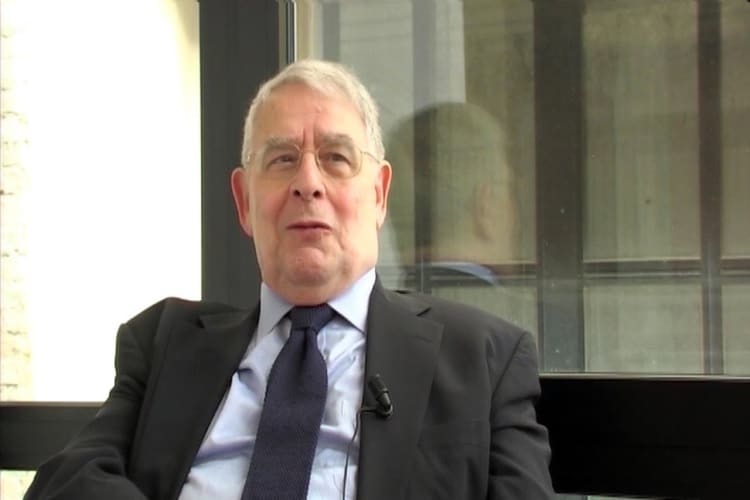Celebrating life and legacy of Riccardo Giacconi

(6 October 1931 – 9 December 2018) was an Italian American astrophysicist. Riccardo Giacconi received the Nobel Prize in Physics in 2002.
Life and Career
Riccardo Giacconi was born on 6 October 1931, in Genoa, Italy.
Giacconi’s career in astrophysics was marked by groundbreaking discoveries and advancements in the field.
Giacconi is often referred to as the “father of X-ray astronomy” for his pioneering work in this field. In the early 1960s, he developed instruments and techniques to detect X-rays from celestial objects. This marked a significant breakthrough, as X-rays are absorbed by Earth’s atmosphere, making observations from the surface impossible.
Giacconi’s work led to the discovery of numerous X-ray sources in the sky, including the first X-ray binary system, Scorpius X-1, and the famous X-ray source Cygnus X-1, which is now believed to be a black hole.
Giacconi held leadership positions in several important astrophysical organizations and institutions, including the American Astronomical Society, the Space Telescope Science Institute (STScI), and the European Southern Observatory (ESO). His leadership played a crucial role in advancing the field of astronomy.
Riccardo Giacconi passed away on 9 December 2018, in San Diego, California, United States.
Award and Legacy
Riccardo Giacconi received the Nobel Prize in Physics in 2002 for his pioneering contributions to the field of X-ray astronomy. He shared this prestigious honor with Raymond Davis Jr. and Masatoshi Koshiba. Giacconi’s Nobel Prize specifically recognized his role in the development of X-ray detectors and his groundbreaking discoveries of celestial X-ray sources.
Riccardo Giacconi’s legacy is marked by his pioneering work in X-ray astronomy, which opened a new window to observe the universe and uncover the hidden secrets of celestial objects. His contributions not only earned him the Nobel Prize but also paved the way for future generations of astronomers and astrophysicists to explore the cosmos in unprecedented ways. His name remains synonymous with the field of X-ray astronomy, and his work continues to inspire scientific research in astrophysics.
Observer Voice is the one stop site for National, International news, Sports, Editor’s Choice, Art/culture contents, Quotes and much more. We also cover historical contents. Historical contents includes World History, Indian History, and what happened today. The website also covers Entertainment across the India and World.
Follow Us on Twitter, Instagram, Facebook, & LinkedIn

